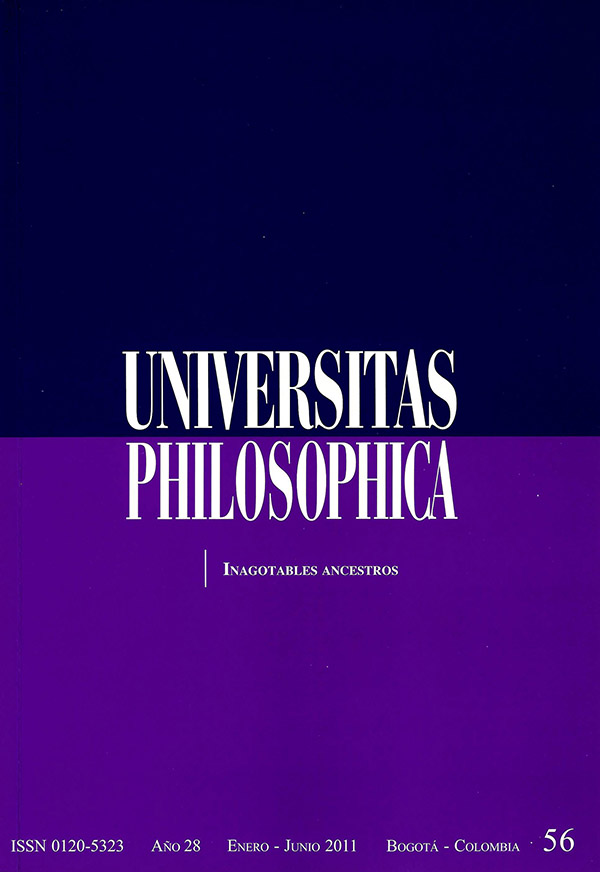Abstract
At the dawn of the twelfth century the philosophical view on the morality of scholastic Abelard, represented in his works: Ethics Seu, Nosce te ipsum and Dialogus inter philosophum, Judaeum et Christianum develops in a major way the issue of virtue. Thus we find the beginning of his Ethics... the definition about the customs mentioning that these so-called vices and virtues of the soul dispose us to do right or wrong. And in his Dialogus... both the philosopher’s dialogue with the Jewish and the Christian, try to reveal the basis on these two great religions of mankind and bring an open dispute about the philosophical view based on natural reason. So this essay aims to convey the medieval conception of virtue from the perspective of the XIIth century thinker, regarded by a large majority of philosophers and historians devoted to the Middle Ages, as the largest intellectual in those days.
This journal is registered under a Creative Commons Attribution 4.0 International Public License. Thus, this work may be reproduced, distributed, and publicly shared in digital format, as long as the names of the authors and Pontificia Universidad Javeriana are acknowledged. Others are allowed to quote, adapt, transform, auto-archive, republish, and create based on this material, for any purpose (even commercial ones), provided the authorship is duly acknowledged, a link to the original work is provided, and it is specified if changes have been made. Pontificia Universidad Javeriana does not hold the rights of published works and the authors are solely responsible for the contents of their works; they keep the moral, intellectual, privacy, and publicity rights.
Approving the intervention of the work (review, copy-editing, translation, layout) and the following outreach, are granted through an use license and not through an assignment of rights. This means the journal and Pontificia Universidad Javeriana cannot be held responsible for any ethical malpractice by the authors. As a consequence of the protection granted by the use license, the journal is not required to publish recantations or modify information already published, unless the errata stems from the editorial management process. Publishing contents in this journal does not generate royalties for contributors.


